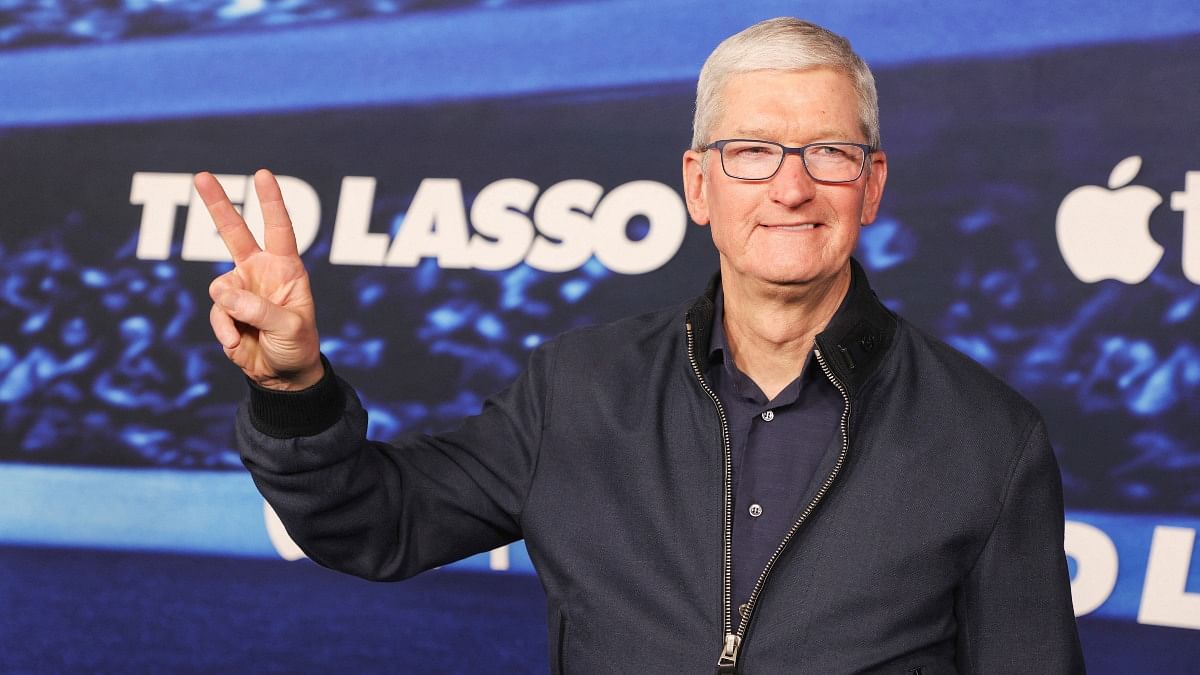
Tim Cook’s Controversial Mar-a-Lago Dinner With Trump: Unraveling the Corporate Influence Debate
In a move that sent shockwaves through the business and political worlds, Apple CEO Tim Cook dined with former President Donald Trump at his Mar-a-Lago resort in Florida. This highly publicized meeting has sparked a heated debate on the complexities of corporate influence and the role of CEOs in political affairs.
Corporate Influence in the Political Arena
Cook’s dinner with Trump has raised questions about the extent to which corporations can and should influence political decision-making. Critics argue that such meetings can give corporations undue influence and compromise the integrity of the political process. By socializing with powerful political figures, CEOs gain access to decision-makers and can potentially sway their opinions in favor of their company’s interests.
On the other hand, supporters of corporate involvement in politics contend that businesses have a legitimate role to play in shaping public policy. They argue that corporations possess valuable expertise and insights that can contribute to the development of informed decisions. Moreover, they maintain that free speech rights extend to corporations, and they should be able to express their views and engage with political leaders.
Apple’s Stance and Public Perception
Apple has defended Cook’s meeting with Trump, stating that it was part of a wider effort to engage with policymakers and discuss issues of importance to the company. However, many stakeholders have expressed concern over the optics of the meeting, given Trump’s divisive political views and his administration’s policies that were often seen as antithetical to Apple’s values, such as on climate change and immigration.
According to a recent survey, 58% of Americans believe that Cook’s dinner with Trump was inappropriate. The survey also revealed that 65% of respondents believe that corporations should not engage in political activities.
Ethical Considerations and the Role of Leadership
The ongoing debate raises fundamental questions about the ethical responsibilities of corporate leaders. Critics argue that CEOs have a duty to use their platform responsibly and avoid actions that could damage their company’s reputation or undermine public trust. They maintain that dining with a polarizing figure like Trump sends a message that the company aligns with his views and actions, even if it is not the case.
Supporters of Cook’s decision argue that he was not endorsing Trump’s policies but rather demonstrating his willingness to engage with policymakers across the aisle. They emphasize that the company has a history of supporting diverse perspectives and advocating for policies that align with its values, regardless of the political affiliations of the individuals involved.
Conclusion
Tim Cook’s dinner with Donald Trump has ignited a complex debate on the role of corporations in politics. Critics fear that corporate influence can compromise the integrity of the political process, while supporters argue that businesses have a legitimate role to play in shaping public policy. The ethical responsibilities of corporate leaders and the potential impact of their actions on their company’s reputation are also important considerations.
Ultimately, it is up to individual corporations to determine the best way to navigate these complex issues. However, transparency, accountability, and a commitment to ethical behavior are essential to maintaining public trust and ensuring that corporate influence is used for the benefit of society as a whole.
/article-new/2018/04/timcookstatedinner.jpg)